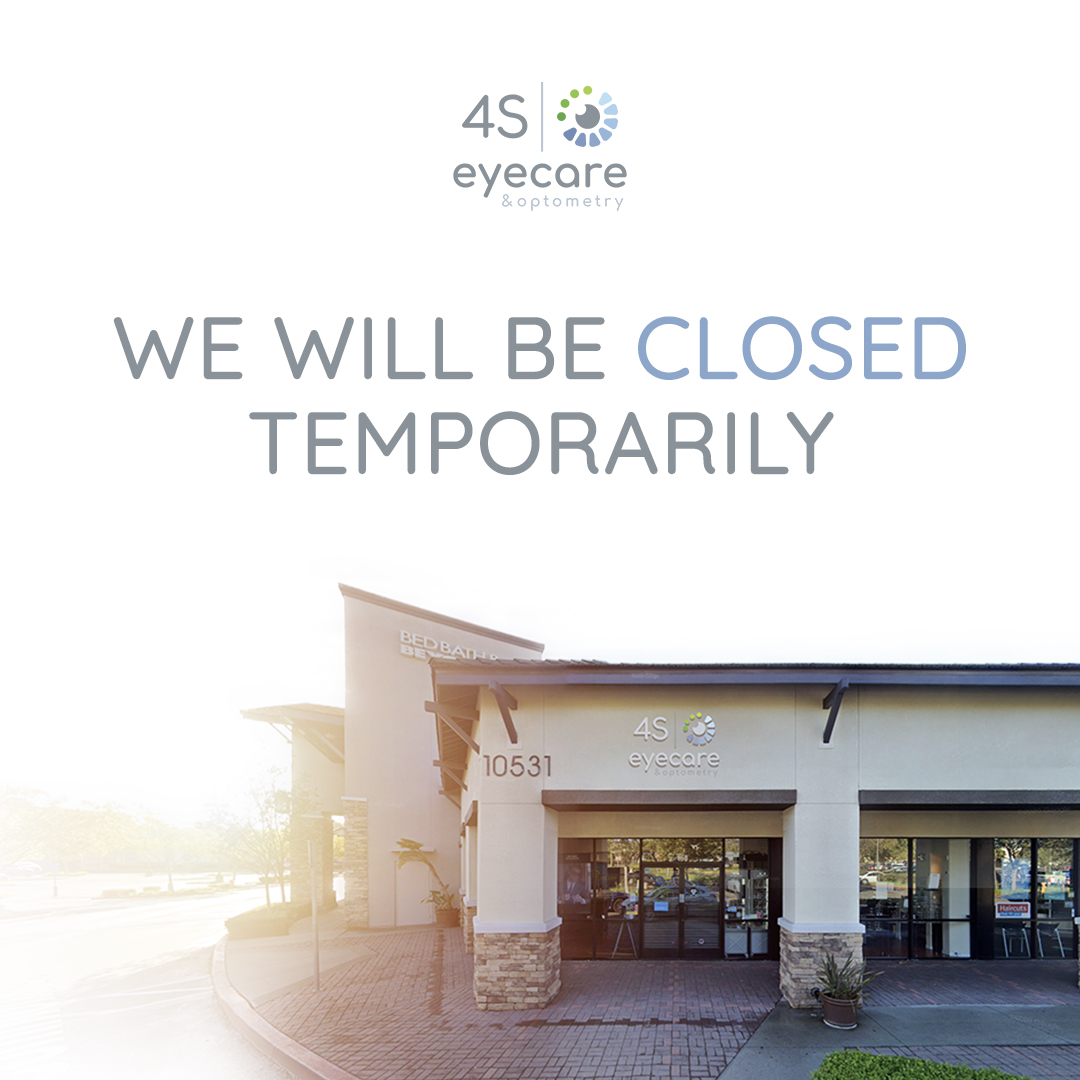
Astigmatism is a common eye condition that affects many people worldwide. It occurs when the cornea or lens of the eye is irregularly shaped, resulting in blurred or distorted vision. Unlike other vision problems such as nearsightedness or farsightedness, astigmatism affects both near and far vision. If you have been experiencing blurred vision or difficulty focusing on objects, it's important to understand the causes, symptoms, and treatment options for astigmatism.
What Causes Astigmatism?
Astigmatism can be caused by a variety of factors. The most common cause is an irregularly shaped cornea, which is the clear front surface of the eye. In a normal eye, the cornea has a round shape, similar to a basketball. However, in eyes with astigmatism, the cornea is shaped more like a football. This irregular shape causes light to focus on multiple points instead of a single point on the retina, leading to blurred vision.
Astigmatism can also be present at birth or develop later in life. Some people are born with astigmatism due to genetic factors, while others may develop it as a result of eye injuries, eye diseases, or surgeries.
Common Symptoms of Astigmatism
The symptoms of astigmatism can vary from person to person, but the most common ones include blurred vision, eyestrain, headaches, and difficulty seeing at night. Many individuals with astigmatism also experience distortion or ghosting of images, especially when looking at objects from a distance. If you are experiencing any of these symptoms, it's crucial to visit an eye care professional for a comprehensive eye examination.
Diagnosing Astigmatism
To diagnose astigmatism, your optometrist will perform a series of tests to measure the curvature of your cornea and determine the extent of the astigmatism. These tests may include a visual acuity test, where you will be asked to read letters from a distance, as well as a keratometry test, which measures the shape of your cornea. These tests are painless and non-invasive, and they will help your eye care professional determine the best course of treatment for your astigmatism.
Treatment Options for Astigmatism
Fortunately, there are several treatment options available for astigmatism. The most common methods include corrective lenses, such as glasses or contact lenses, and refractive surgery. The choice of treatment will depend on the severity of your astigmatism, your lifestyle, and your personal preferences. It's important to discuss these options with your eye care professional to determine the best course of action for your specific needs.
Glasses are a popular and effective way to correct astigmatism. They work by compensating for the irregular shape of the cornea, allowing light to focus properly on the retina. Your eye care professional will prescribe glasses with lenses that have a special cylindrical power to correct the astigmatism. These lenses may be combined with a spherical power for nearsightedness or farsightedness, if necessary. It's important to wear your glasses as prescribed to achieve the best possible vision correction.
Contact lenses are another excellent option for correcting astigmatism. There are two main types of contact lenses for astigmatism: toric lenses and gas permeable lenses. Toric lenses are soft lenses specifically designed for astigmatism, while gas permeable lenses are rigid lenses that provide sharper vision. Your optometrist will determine the best type of contact lenses for your astigmatism, as well as the proper fit and prescription. It's essential to follow the recommended wearing schedule and cleaning instructions to maintain healthy eyes while wearing contact lenses.
Schedule Your Eye Exam with 4S Eyecare & Optometry Today
Living with astigmatism doesn't have to be a burden. With the right diagnosis and treatment, you can enjoy clear and comfortable vision. If you are experiencing any symptoms of astigmatism, it's crucial to schedule an appointment with your optometrist for a comprehensive eye examination.
If you suspect you have astigmatism or are experiencing any vision problems, contact our optometrist for a comprehensive eye examination. Early detection and treatment can make a significant difference in your vision and quality of life, visit 4S Eyecare & Optometry at our office in San Diego, California, or call (858) 675-2020 to book an appointment today.









